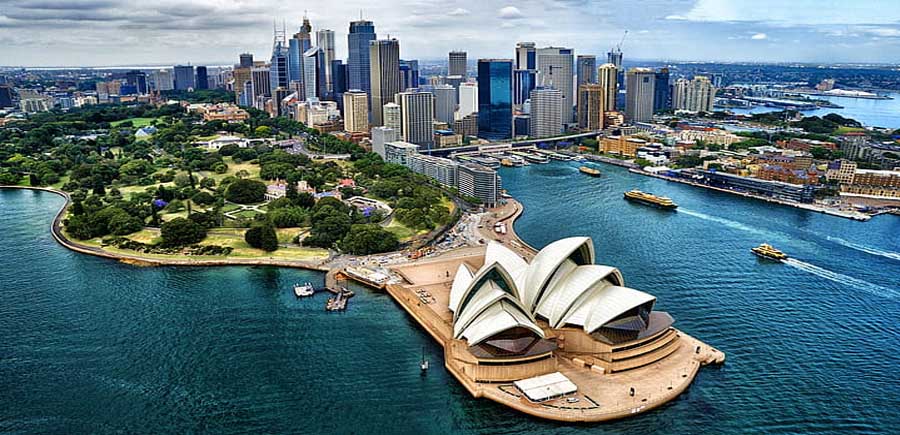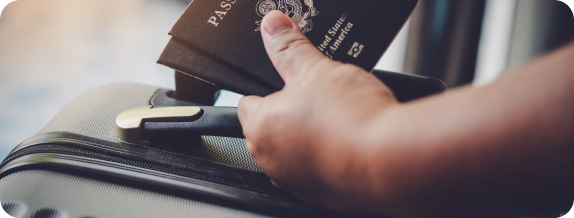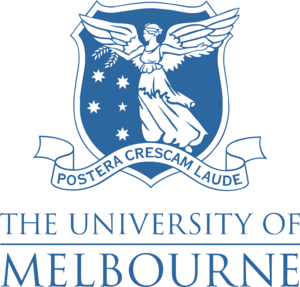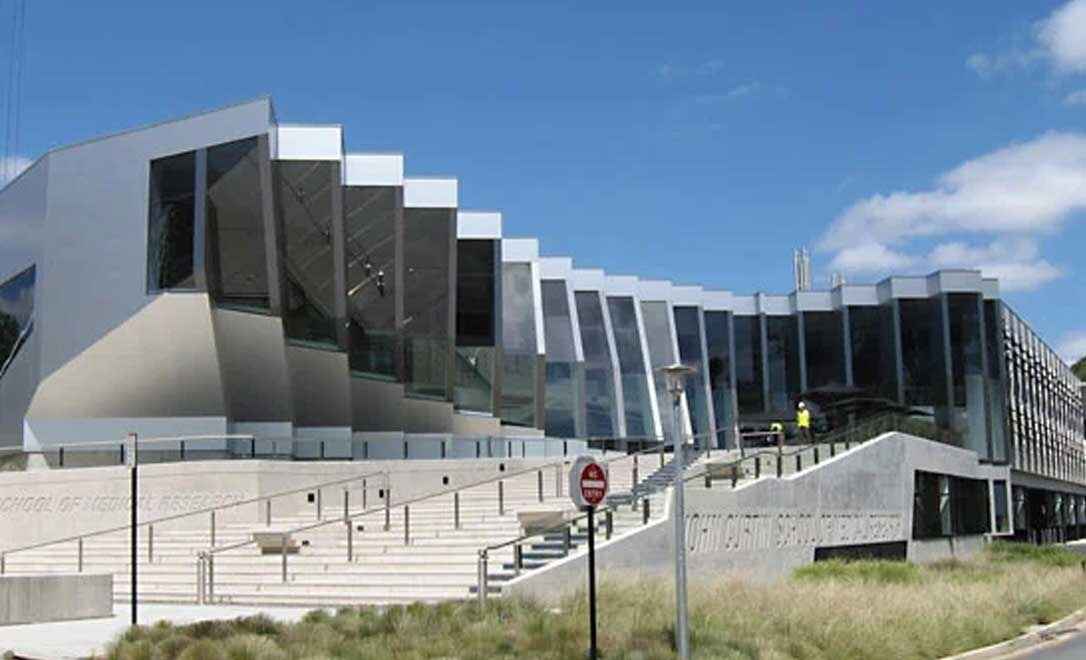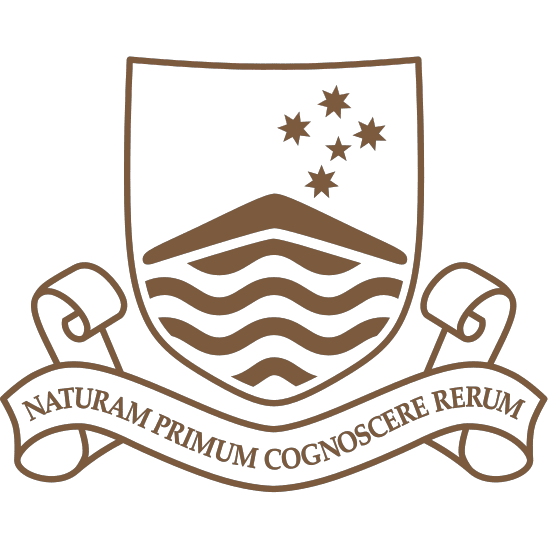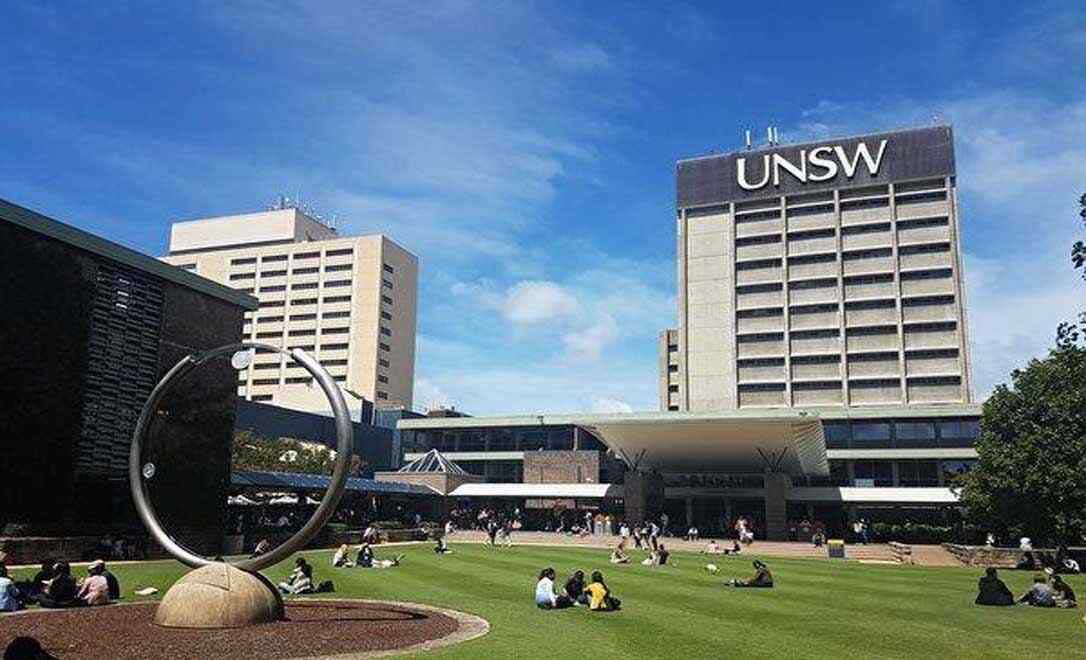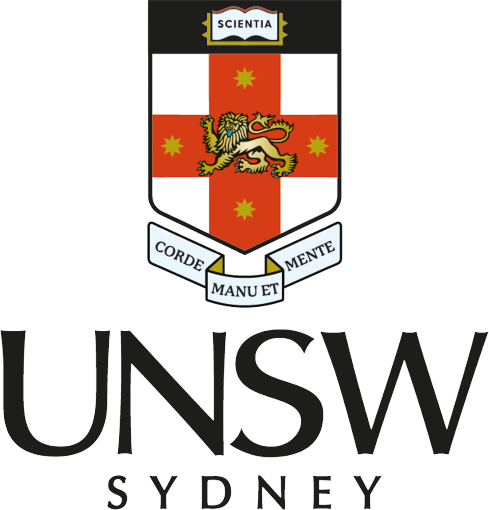Studying in Australia offers several advantages to students that enhance their lifestyles and personalities in addition to assisting with professional advancement. Here are a few advantages that prospective students may want to think about.
- Top-Class Universities
- Vibrant City Life
- Cost-Effective Accommodations
- Easy Transportation
- High Standard of Living
- Improved Skill Set
- Varied Job Opportunities

